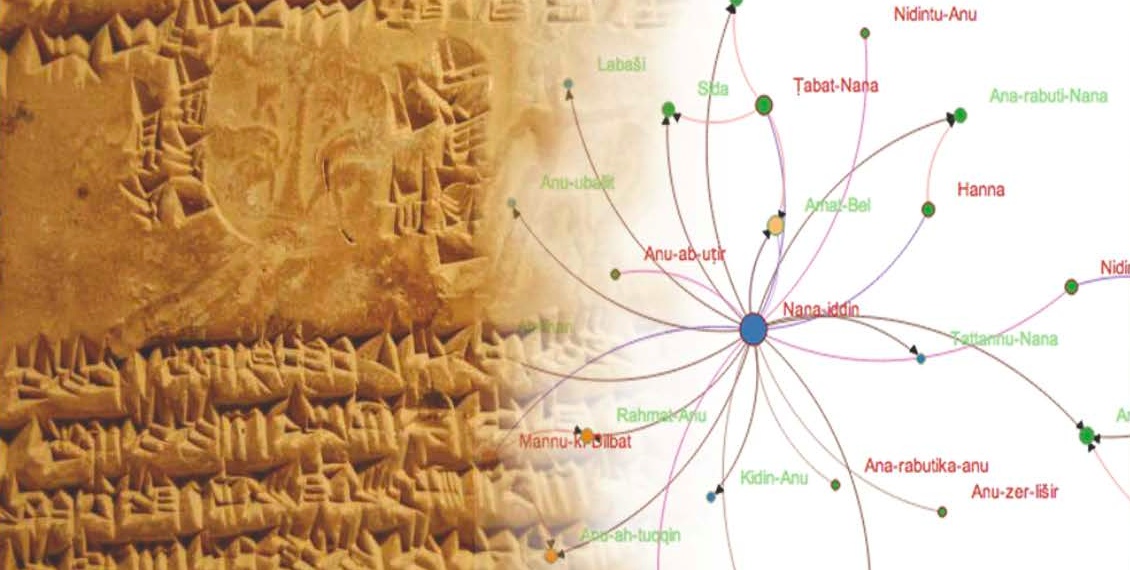First coined in 1985 by sociologist Orlando Patterson in his text Slavery and Social Death, the phrase “social death” refers to the condition of people not accepted as fully human by wider society. Patterson uses the term in relation to the “imprintable and…disposable status” of the slave, and the expression has since been applied by […]
Research Team
Superintelligence
In Fall 2015, Social Science Matrix will sponsor a seminar that will bring together presenters from diverse social sciencse, including economics, political science, and sociology, as well as humanities and technology disciplines, to reflect upon “superintelligence." Superintelligence refers to biological or artificial (or hybrid) agent(s) capable of general purpose intelligence beyond that of the smartest […]
Research Team
Work and Politics in the Digital Era
What does it mean for our economy—and society at large—that workplaces are increasingly becoming “virtual”? What are the implications for the labor market when computer-driven algorithms are in charge of hiring decisions, or when service employees are at risk of losing their jobs if their customer rating falls too low? In Fall 2015, Social Science […]
Research Team
Prosopography: Toward a Toolkit
In Fall 2015, Social Science Matrix will be launching a year-long research seminar focused on “Developing Tools and Collaborations in Prosopographical and Historical Social Network Research Environments”. While its name might be a mouthful, this seminar—a continuation of a 2014 Matrix prospecting seminar—has a goal to develop “research toolkit” that will help faculty, staff, and […]
Research Team
Technology for Measurement
Today’s social scientists have access to a diverse toolbox of software for analyzing data, but when it comes to gathering the data in the first place, surprisingly few standardized solutions are available. To tackle this challenge, Social Science Matrix is sponsoring a year-long research seminar called “T4M,” or “Technology for Measurement,” which seeks to examine […]
Research Team
The Neuroscience of Price Bubbles
In 1936, John Maynard Keynes famously wrote of the “animal spirits” that tend to override rational decision-making in economics. “Our decisions to do something positive,” Keynes wrote, “can only be taken as the result of animal spirits—a spontaneous urge to action rather than inaction, and not as the outcome of a weighted average of quantitative […]
Research Team
Biomedical and Social Science Collaborative
In Spring 2015, Social Science Matrix sponsored a prospecting seminar to support the Biomedical and Social Science Collaborative (BMSSC), which brought together faculty and graduate students from the fields of biostatistics, medicine, and political science to study issues related to governance and global health delivery. At the heart of this seminar is a concern that […]
Research Team
Governing After Political Transitions in the Global South
War, revolution, and decolonization are frequently the focus of media coverage and social scientists’ investigations, but the processes that follow these dramatic transitions—such as peacebuilding, democratization, economic reconstruction, and social service provision—tend to receive less attention. In 2015, Social Science Matrix sponsored a prospecting seminar dedicated to studying the often neglected, but crucial processes that […]
Research Team
Electoral Violence in Developing Countries
The political process in the United States may seem rough-and-tumble at times, but at least U.S. voters can rest assured that their elections will be free of violence. This is not the case in many countries, however: violence affected more than 120 of the nearly 600 presidential and parliamentary elections held around the world between […]
Research Team
Designated Emphasis in European Studies
In Spring 2015, Social Science Matrix sponsored an initiative to develop a Designated Emphasis in European Studies at UC Berkeley. Led by Jeroen Dewulf, Director of UC Berkeley’s Institute of European Studies, the purpose is to convene a core faculty group to develop a new interdisciplinary degree in European Studies for Ph.D. students. “This would […]
Research Team
Risk Management and Resiliency in Latin American Cities
Latin America is the most urbanized continent in the world after North America, with 79% of the population living in urban areas, according to 2011 data from the United Nations. The high urbanization rates that the continent has experienced since the 1940s have been accompanied by substantive political changes, including changes in the role of […]
Research Team
The Impact of “Human Rights” in a Global Age
What is the relationship between ‘human rights’ and other conceptions of ‘rights’? What is the nature and impact of human rights? How have alternative narratives of rights shaped how individuals and groups frame inequality, access, or injustice? In Spring 2015, Social Science Matrix sponsored a seminar that set out to examine these and other questions, […]











